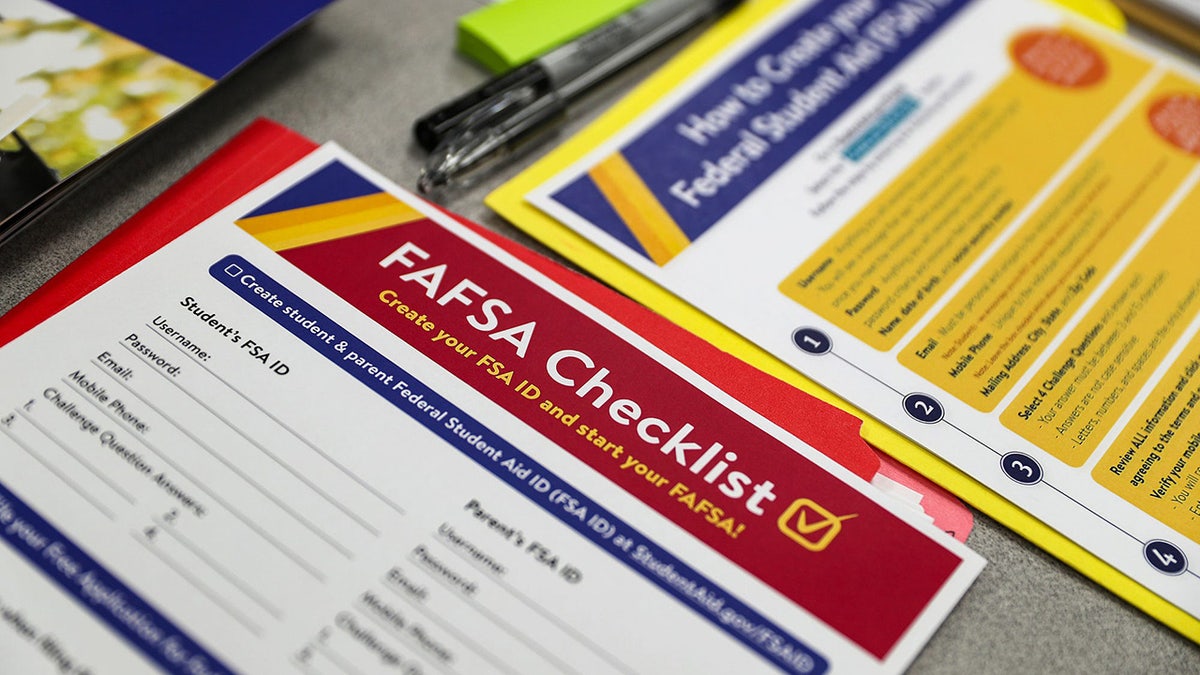The resurgence of mass deportation discussions under a new presidential administration is causing significant anxiety for high school seniors applying for college financial aid. Students with undocumented parents are grappling with the difficult decision of potentially jeopardizing their parents' safety by disclosing their immigration status on the Free Application for Federal Student Aid (FAFSA). The FAFSA requires parental Social Security numbers, a field that undocumented individuals cannot complete, potentially raising red flags.
One student, whose father immigrated to the U.S. from Guatemala nearly three decades ago, expressed the emotional turmoil this situation presents. "Why should my future be impacted by my parents' pursuit of a better life?" they questioned. This student's predicament is shared by many others, according to college counselor Lynda McGee, who highlights the agonizing choice these students face between their education and their parents' well-being.

The image depicts the challenges students face when completing the FAFSA, especially those with undocumented parents. (Jenna Watson/IndyStar via Imagn Content Services, LLC)
With millions of American children living in mixed-status families, the potential impact of these policies is widespread. While the Department of Education assures applicants that Social Security information is solely used for financial aid purposes, the changing political landscape has created uncertainty and fear. Student advocacy groups, like the National College Attainment Network, are expressing concern and acknowledging they cannot guarantee the continued protection of FAFSA data.
Another student, whose parents immigrated from Mexico, described the added layer of stress this situation brings to an already complex process. The fear of potential consequences adds to the challenges faced by first-generation college applicants navigating the financial aid system.

Former President Donald Trump's stance on immigration has fueled these concerns. (Screenshot/NBC)
The debate also extends to the issue of birthright citizenship and the potential separation of families. While deporting criminals is a stated priority, the possibility of deporting entire family units, including U.S. citizen children, has been raised. However, a more lenient approach has been suggested for "Dreamers," individuals brought to the U.S. as children, with potential bipartisan efforts to address their situation.

The photo highlights the complex situation at the US-Mexico border, further emphasizing the anxieties faced by mixed-status families. (Mark Abramson/Bloomberg via Getty Images)
Comments(0)
Top Comments